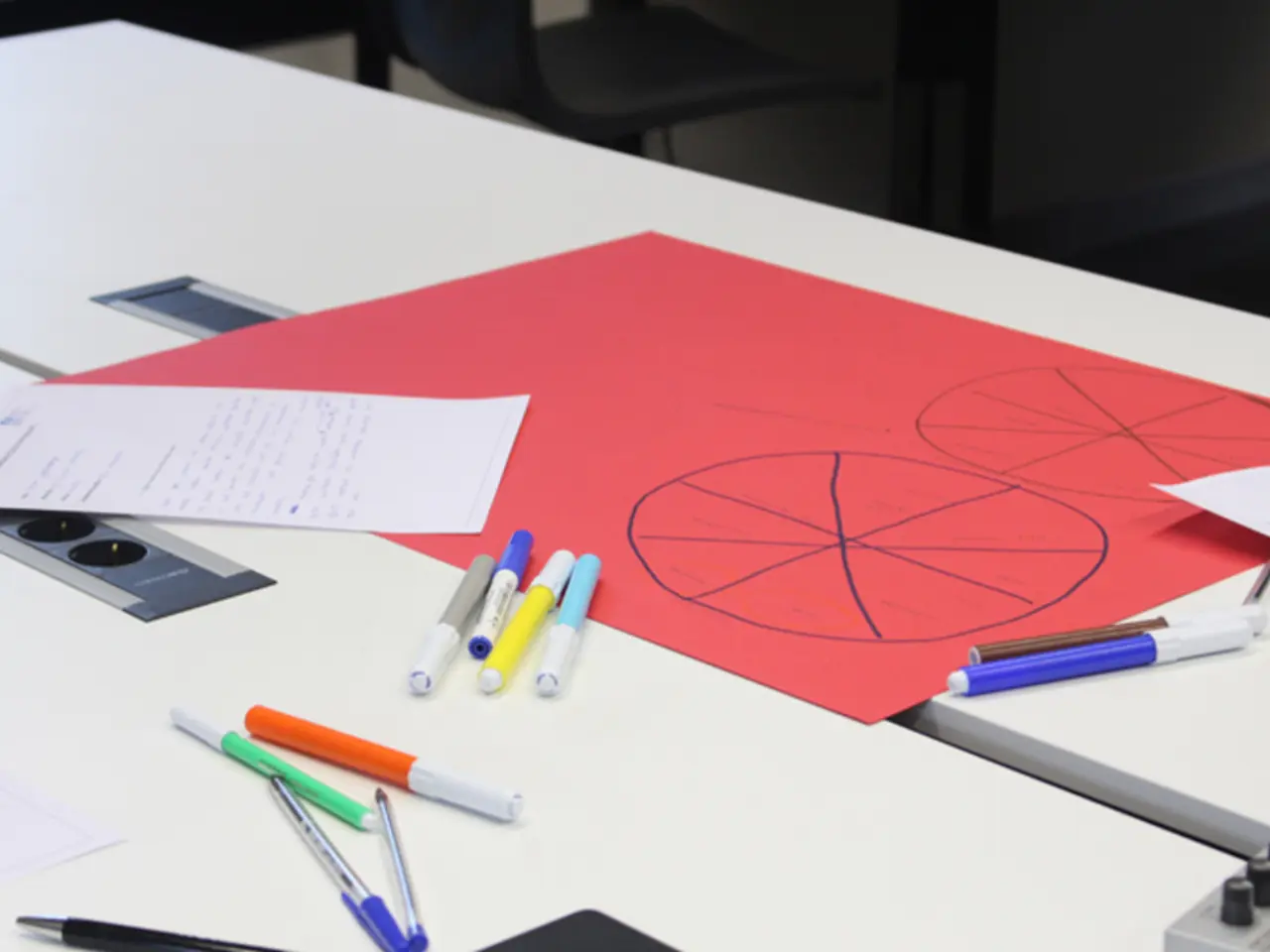Strategies for Nurturing Reading and Writing Skills in Exceptionally Intelligent Pupils
In the pursuit of fostering intellectual growth and literacy development in gifted students, educators and educational systems worldwide are adopting various strategies and approaches.
One such approach is differentiated instruction, which caters to the unique literacy needs of gifted learners. This method involves enrichment activities, collaborative learning, and the use of advanced texts to challenge and stimulate their advanced skills in reading, writing, listening, and speaking.
Incorporating technology is another key element in this approach. Digital storytelling, e-books, and project-based learning opportunities enhance the learning experience for gifted students, fostering creativity and critical thinking.
An ideal literacy curriculum for gifted students includes diverse materials, such as classic literature, contemporary texts, and non-fiction that reflect various cultures and viewpoints. This diversity encourages a broad understanding and appreciation of the world, preparing these students for their future educational advancement.
Effective assessment tools for gifted students include reading inventories, writing assessments, peer reviews, and self-assessment tools. These tools help identify the literacy needs of each student, allowing educators to tailor their instruction accordingly.
Addressing underachievement issues in gifted students requires a multi-faceted approach that delves into each student's unique context. This approach may involve addressing any emotional or social challenges that may be hindering their academic progress.
Effective guidance for gifted students promotes higher-level thinking and the comprehension skills necessary for their educational advancement. Encouraging a growth mindset in these students helps combat the fear of failure and fosters resilience and a love for learning.
Future directions in literacy development for gifted students include the integration of technology, collaboration between education systems and psychological professionals, emphasis on social-emotional learning, and focus on inclusive practices.
In Germany, organisations like the Deutsche SchülerAkademie, part of the Talentförderzentrum Bildung & Begabung, offer specialized programs tailored for gifted students. These programs support literacy development and intellectual growth through summer academies with university-level courses across various subjects.
Educators play a vital role in supporting literacy development for gifted students by fostering an environment that nurtures their advanced abilities. This includes encouraging collaboration through literature circles or peer review processes, which help gifted students articulate their thoughts and perspectives, further developing their literacy skills.
Gifted students often exhibit heightened cognitive abilities, a passion for learning, and advanced vocabulary. Identifying the literacy needs for gifted students is critical for fostering their development and ensuring they reach their full potential. By adopting these strategies and approaches, we can create a nurturing environment that supports the literacy development of gifted students, preparing them for a lifetime of learning and success.




